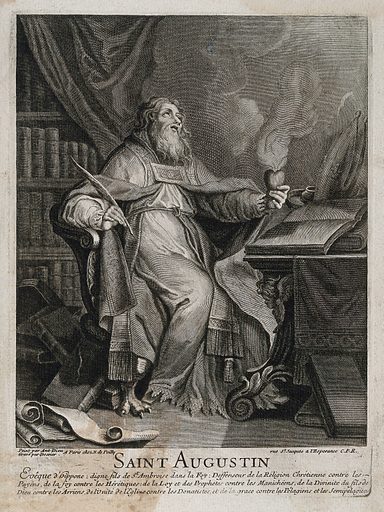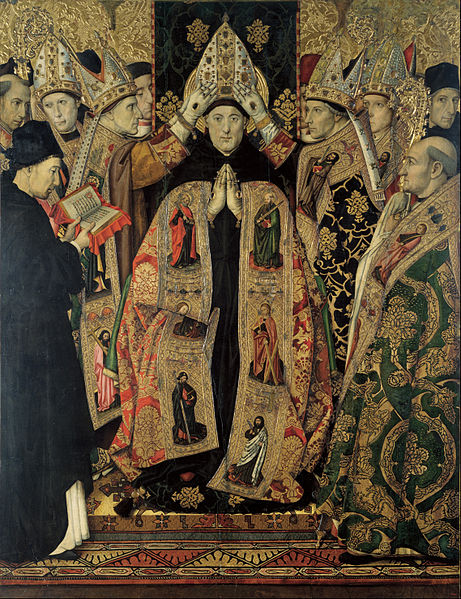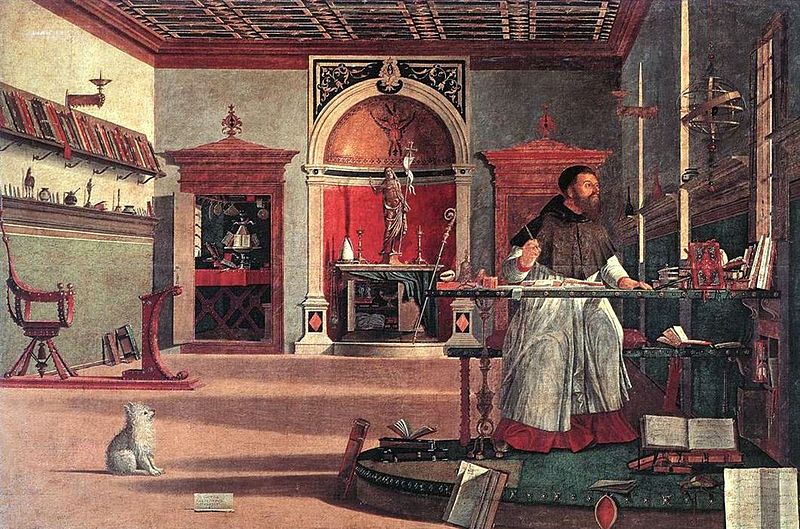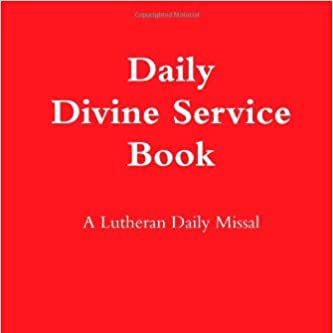The North African Philosopher

Considered the most significant Christian thinker after St. Paul, St. Augustine of Hippo was a Latin Father of the Church and bishop who lived from AD 354 to 430 in North Africa. His prolific writing and work have lasted throughout the ages and have shaped the contours of Christianity in the most profound of ways. Indeed, his contribution to the Church was so profound that his contemporary, St. Jerome, noted that he “established anew the ancient Faith.”
Born in Tagaste, a Roman village, Augustine’s parents saw his scholastic promise at a young age and sent him on to acquire a first-class education. In the early years of his academic career, Augustine studied rhetoric, grammar, and philosophy with great seriousness. He taught in Tagaste and Carthage before winning a prestigious rhetoric professorship in Milan in 384. However, Augustine also enjoyed a life of excess and moral destitution, living with a mistress and fathering a son, Adeodatus.
His mother, Monica, was a devout Christian woman who prayed fervently for Augustine’s salvation, especially after her widowhood during Augustine’s teen years. An answer to his mother’s prayers, when Augustine was teaching rhetoric in Milan, he met St. Ambrose and was converted to Christianity.
In 387, after an extensive Christian education with St. Ambrose, St. Augustine was baptized and ordained a priest. He returned to Africa, sold his possessions, and after some years succeeded to the office of bishop of Hippo (in modern-day Algeria). A devoted pastor, many of Augustine’s writings show that he spent considerable time, thought, and energy on his congregation and matters of pastoral concern. According to his peers, he also ate sparingly, worked hard, avoided gossip, exercised financial prudence, and generally worked to shun temptations of the flesh. His fame spread quickly abroad both because of his dedication to the Christian way of life and because of his theological writings.

St. Augustine witnessed the beginning of the end of the Roman Empire, including the Germanic Vandals’ invasion of Roman Africa in spring 430. Knowing that his end was near, he directed that his library and books kept in the church in Hippo be carefully preserved upon his death. He died on August 28, 430. Miraculously, even after the Vandals’ siege of Hippo and the burning of the city, his cathedral and library were left untouched.
A Brief History
Augustine’s popularity quickly increased after his death, and he was rapidly considered a giant of not only Western Christian theology but also the university system, rhetoric, and philosophy. Some of this fame can be attributed to the work of his friend Possidius, bishop of Calama, who recorded the details of his life, describing Augustine’s personal traits in great detail and continuing to promote Augustine’s work even after his death.
Augustine’s writings were his greatest contribution to the faith and would become central to the theological discussions of Luther’s era and the Middle Ages. Most notably, The City of God, On Christian Doctrine, and his Confessions have been considered some of his most important texts.
In some of his works, including Of Grace and Free Will and On Baptism, Augustine clearly asserted man’s inability to exercise his will favorably before God and emphasized God’s grace towards mankind. He also wrote extensively about the visible and invisible church as well as original sin. It was for these reasons that Luther often turned to Augustine and cited him more than any other individual source (except Scripture) throughout the development of his Reformation theology. Yet Luther’s thoughts also diverged from Augustine in key matters including the authority and magisterium of the Church.
However, Augustine has still been long revered within the Lutheran Church, heralded for his multifaceted theological intellect and his focus on the Word of God. There is not a Christian layperson or pastor who would not benefit from a closer engagement with St. Augustine’s life, his story, or his writings, and August 28th serves as a reminder of that.

Collect
O God, Who didst give Blessed Augustine to Thy people as a minister of eternal salvation: grant, we beseech Thee, that we, who have had him for our teacher on earth, may with him enjoy Thine eternal glories; through Jesus Christ our Lord, who liveth and reigneth with Thee and the Holy Ghost: ever one God, world without end. Amen.
Epistle
Gospel
Resources
Issues, Etc. interview with the Rev. Dr. David Maxwell on Fifth Century Bishop of Hippo, Augustine
Propers found in Daily Divine Service Book: A Lutheran Daily Missal, edited by the Rev. Heath Curtis
References:
1. Weedon, William. Celebrating the Saints. Concordia Publishing House. 2016.
Images:
1. Saint Augustine of Hippo, Michel Dossier, France, ca. 1734-1750.
2. Consecration of Saint Augustine, Jaume Huguet, Spain, ca. 1463-1470.
3. Vision of St. Augustine, Vittore Carpaccio, Italy, 1502.
Some links might be affiliate links which means we may receive a small commission at no extra cost to you. As an Amazon Associate we earn from qualifying purchases.




[…] about whom we talk and whose days we celebrate. Just look at our suggestions for ways to remember St. Augustine or St. Patrick, and you’ll see that today’s commemoration suggestion for St. Cyprian of […]